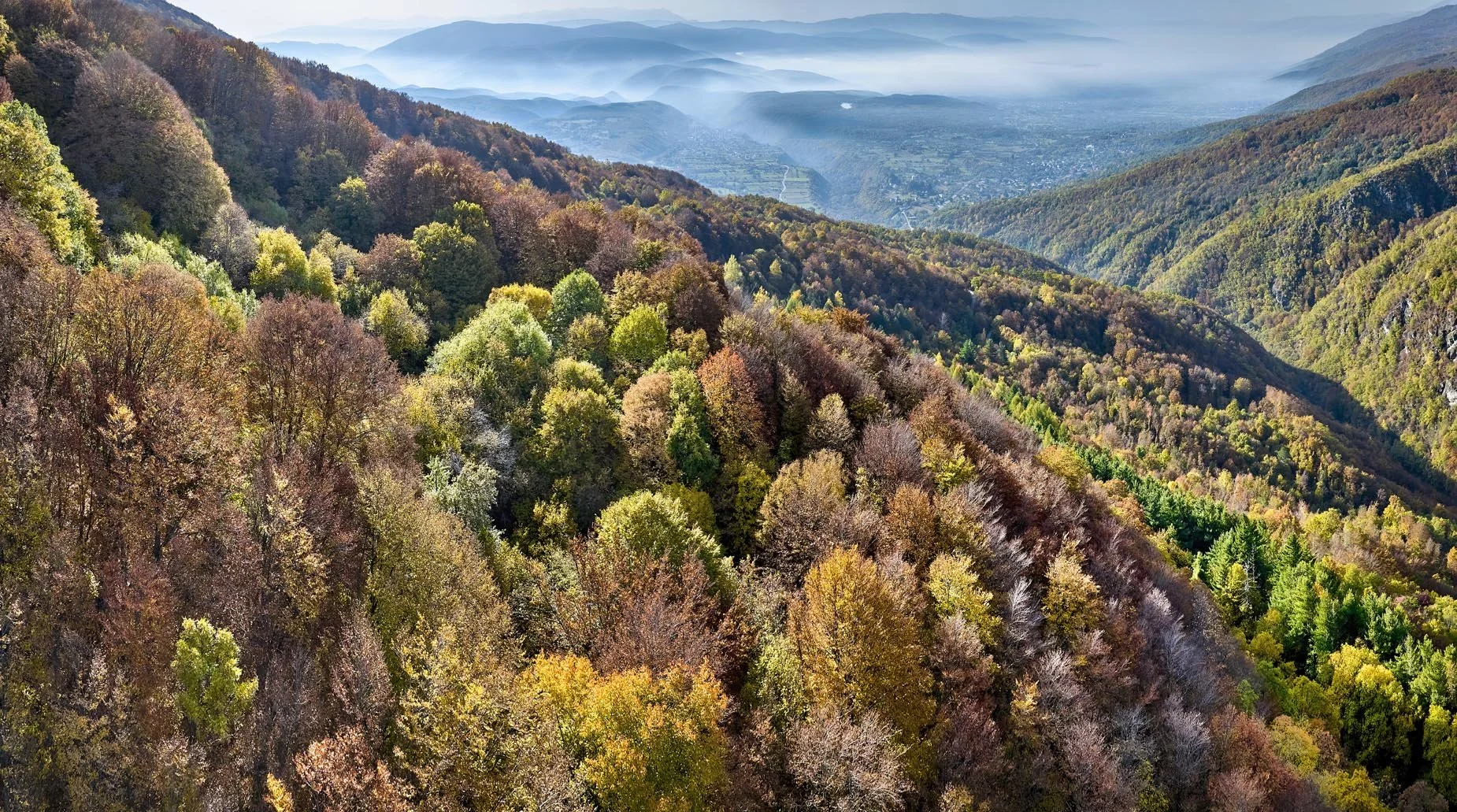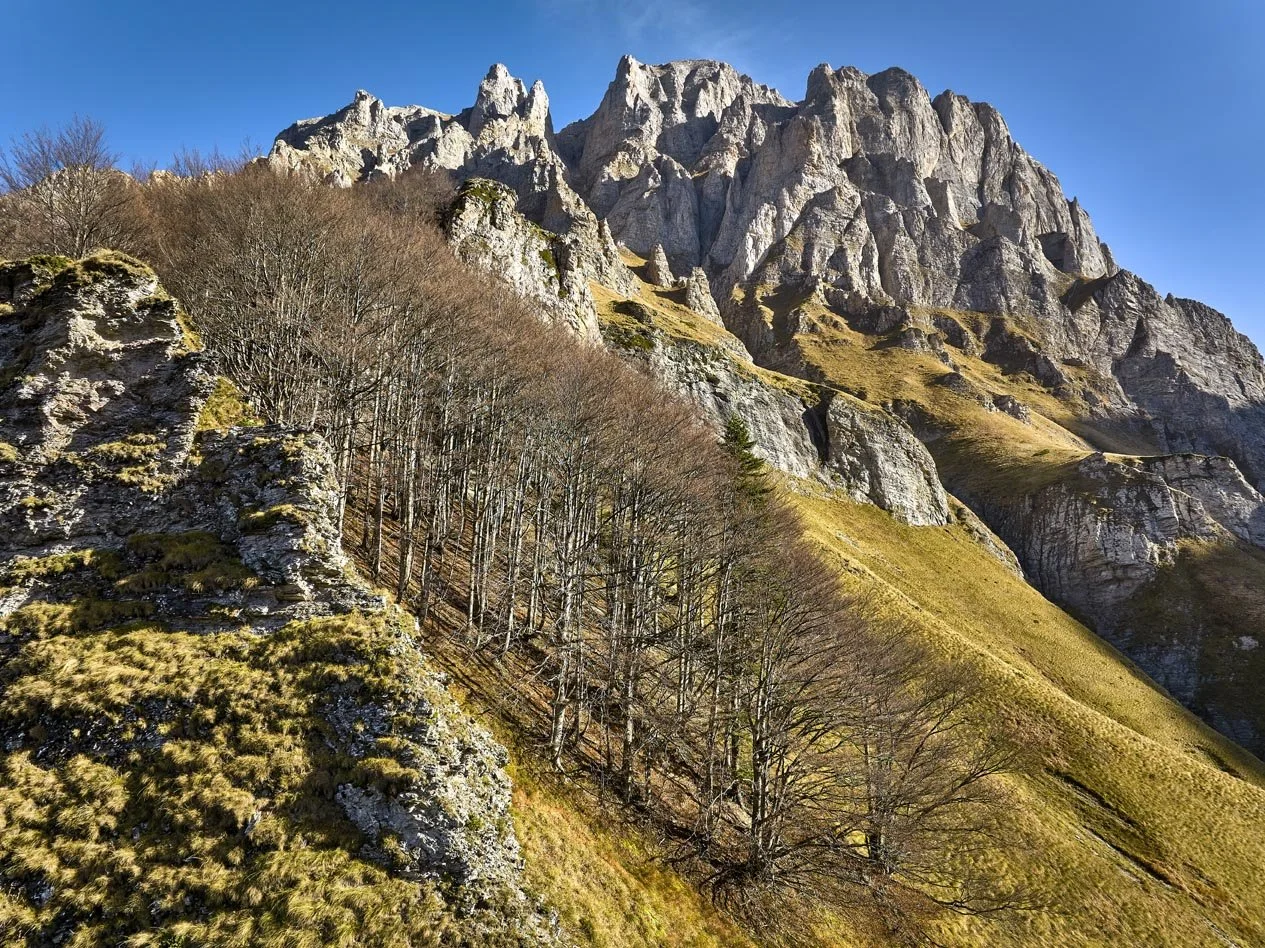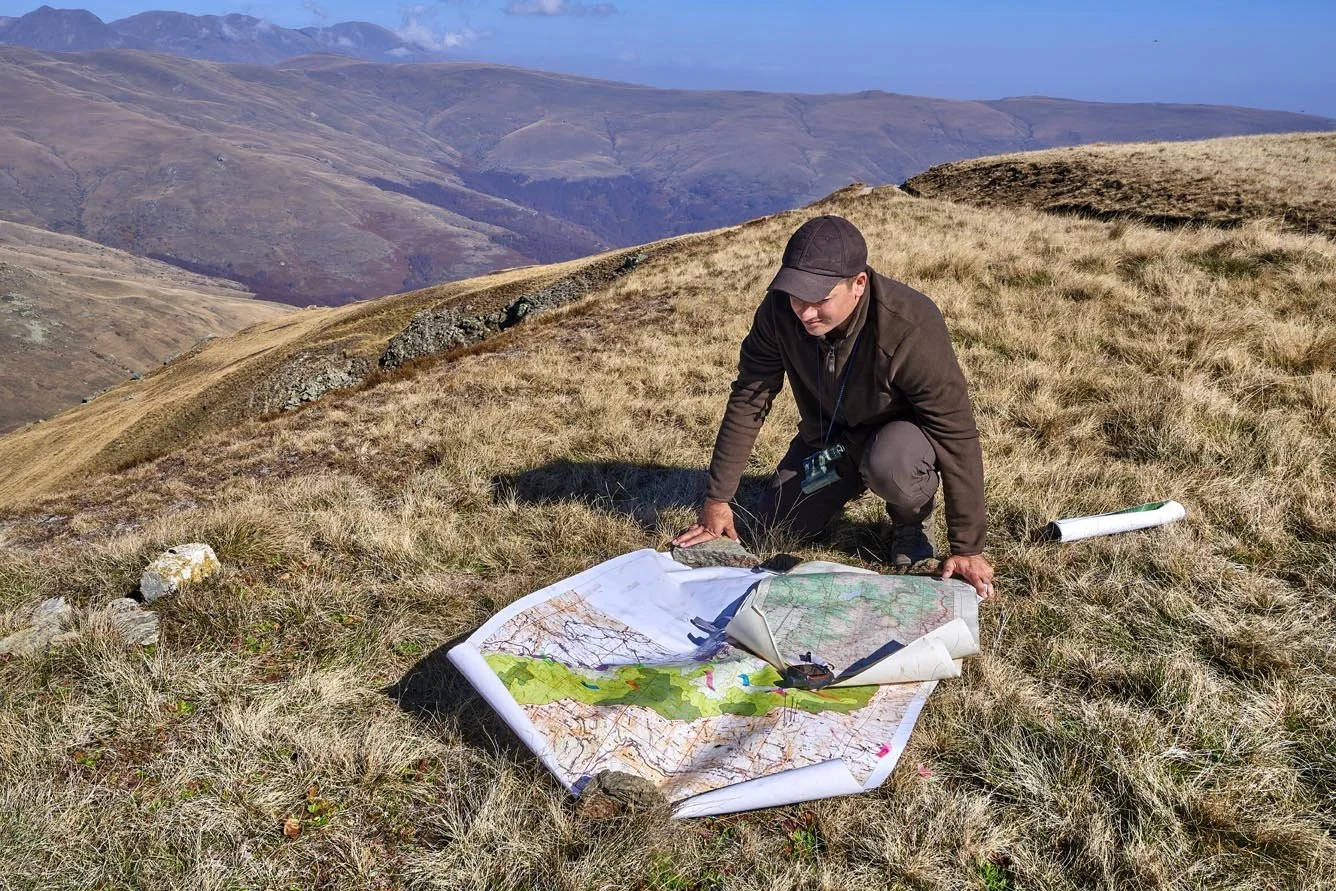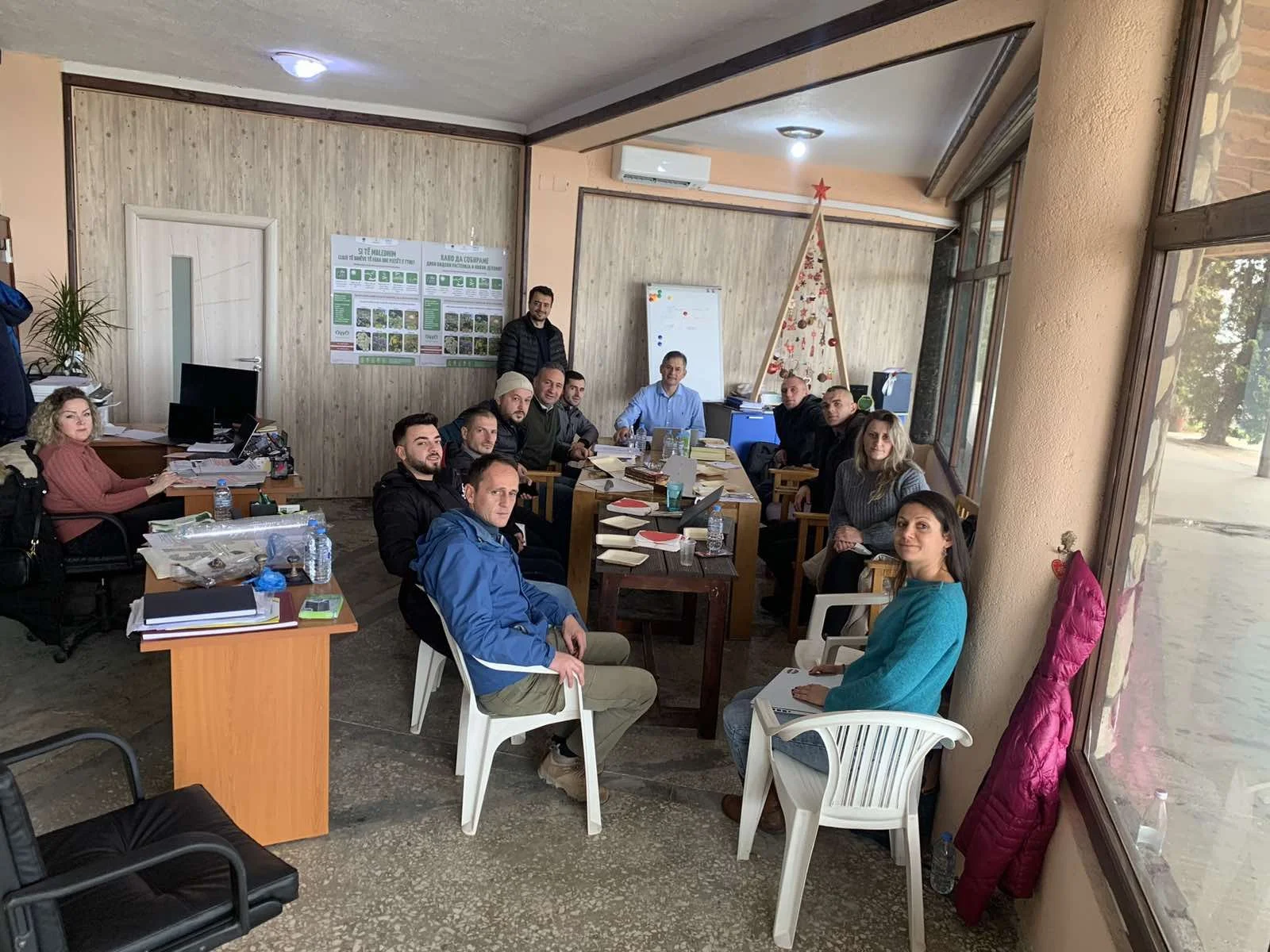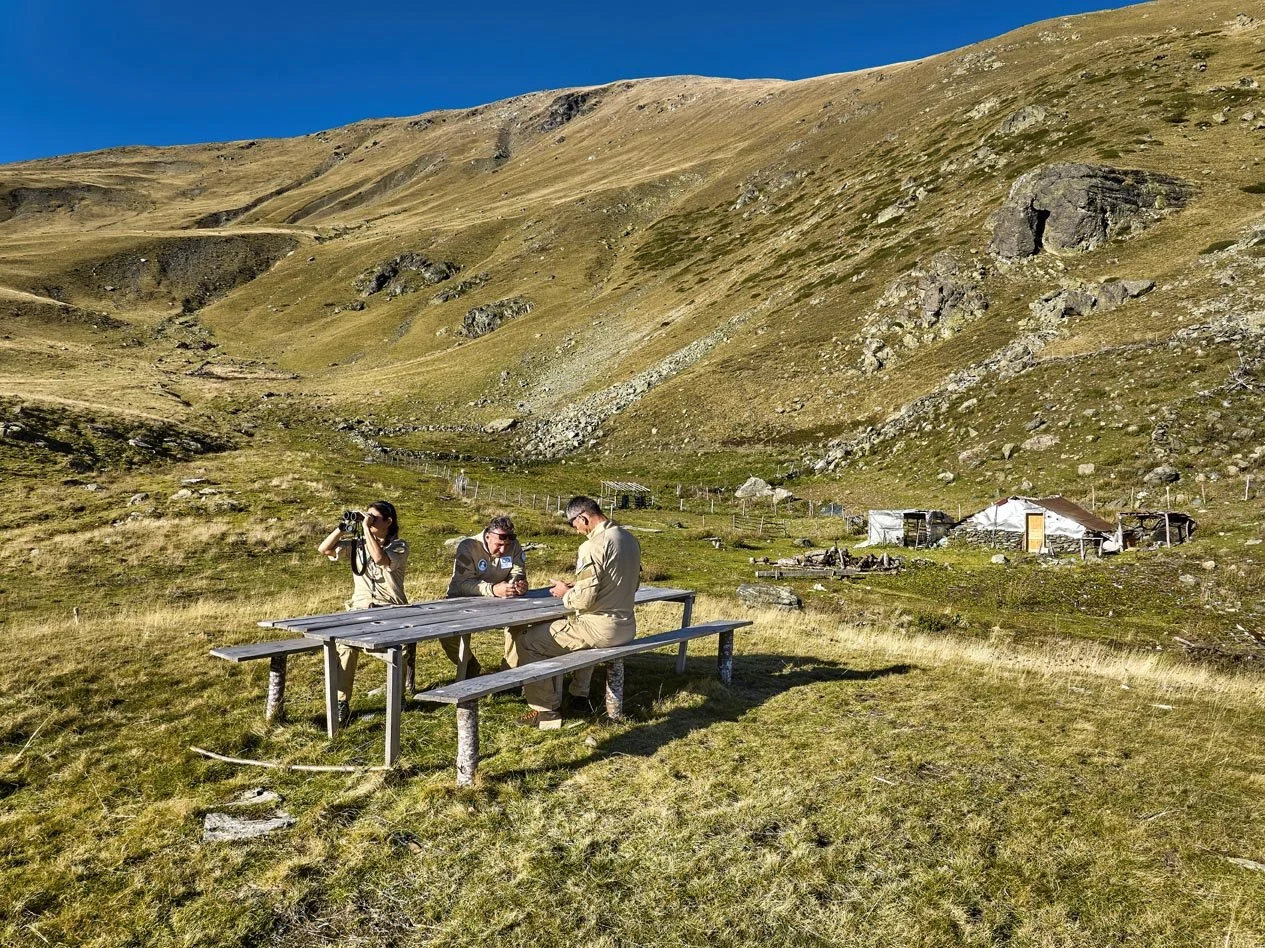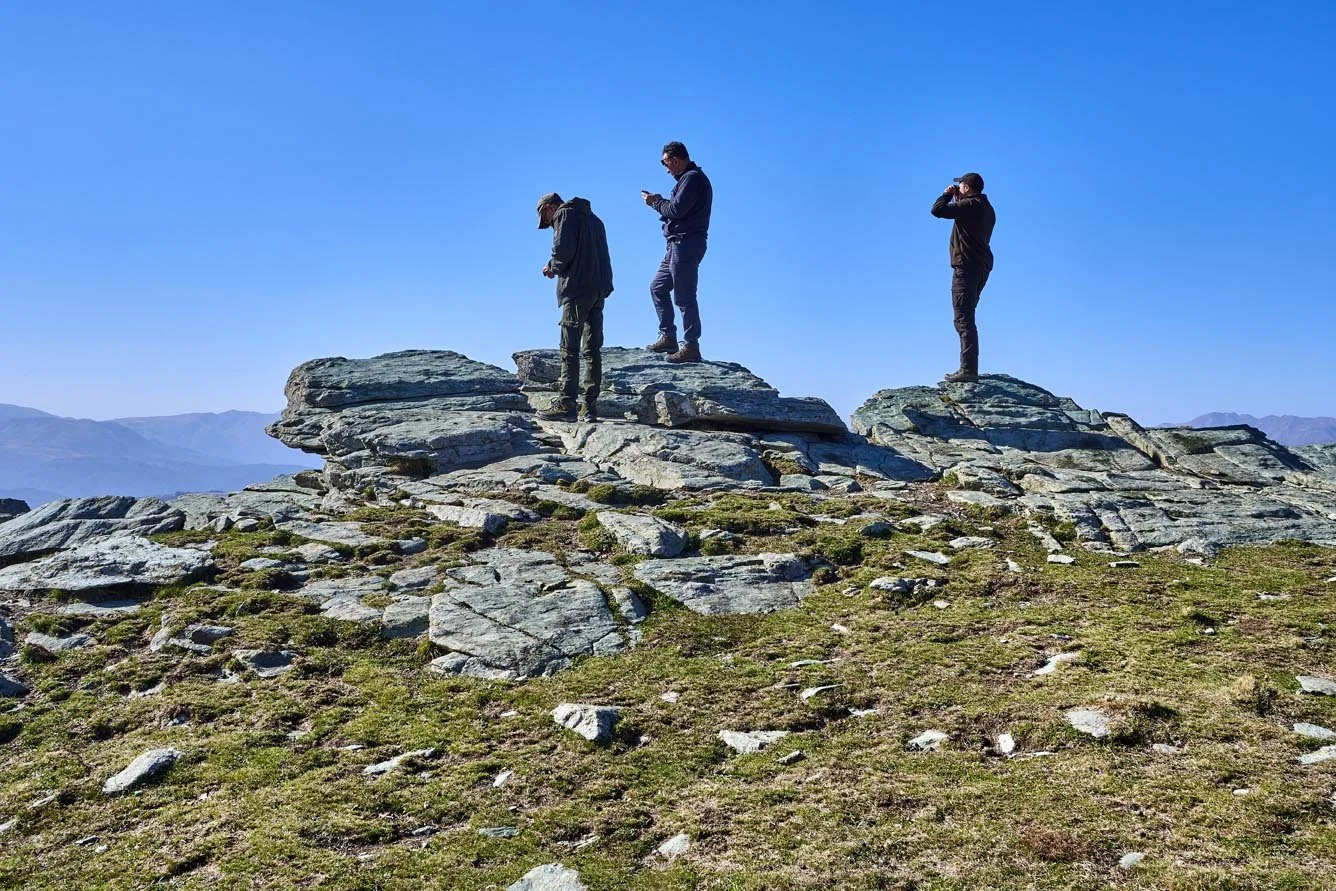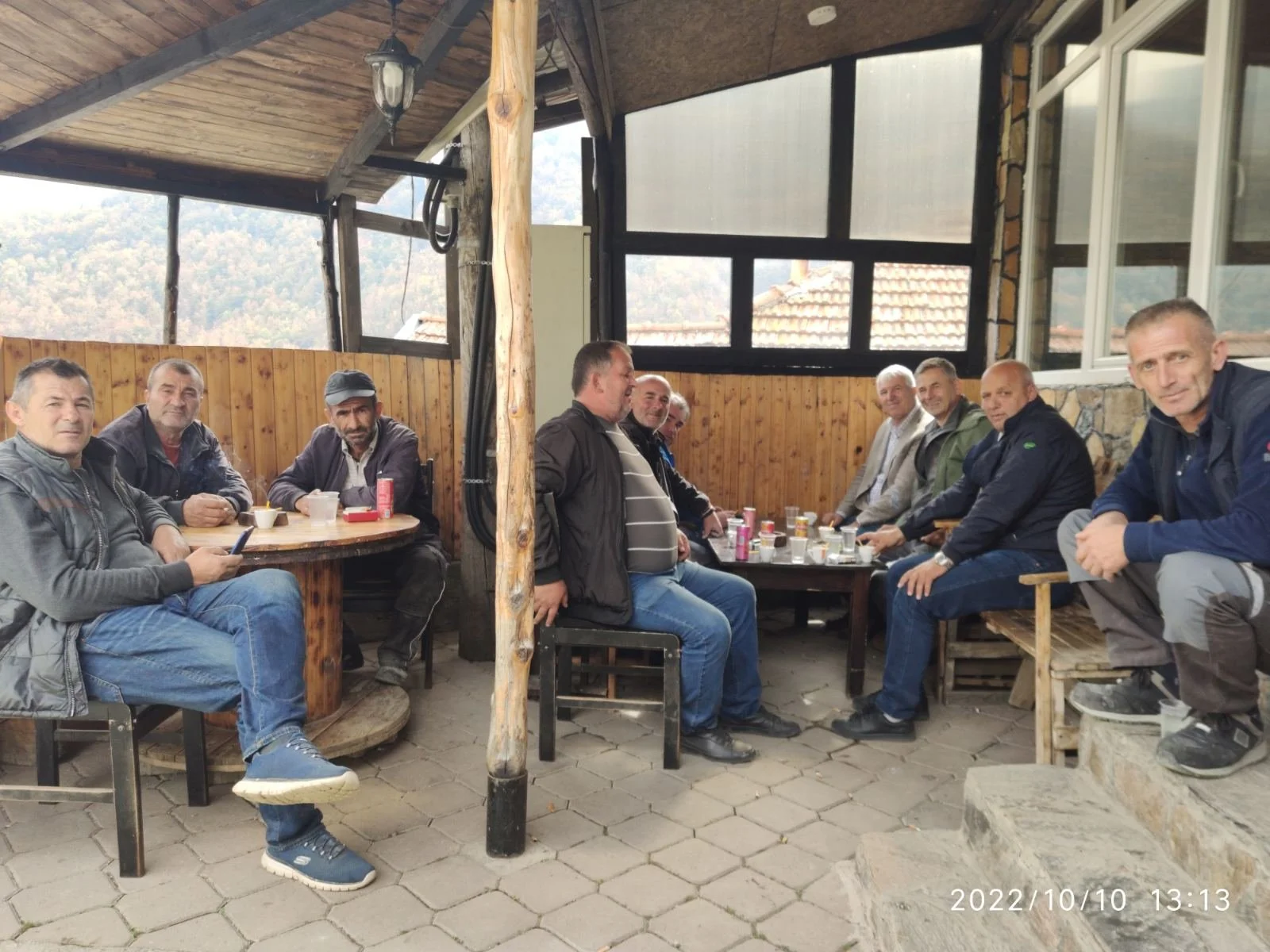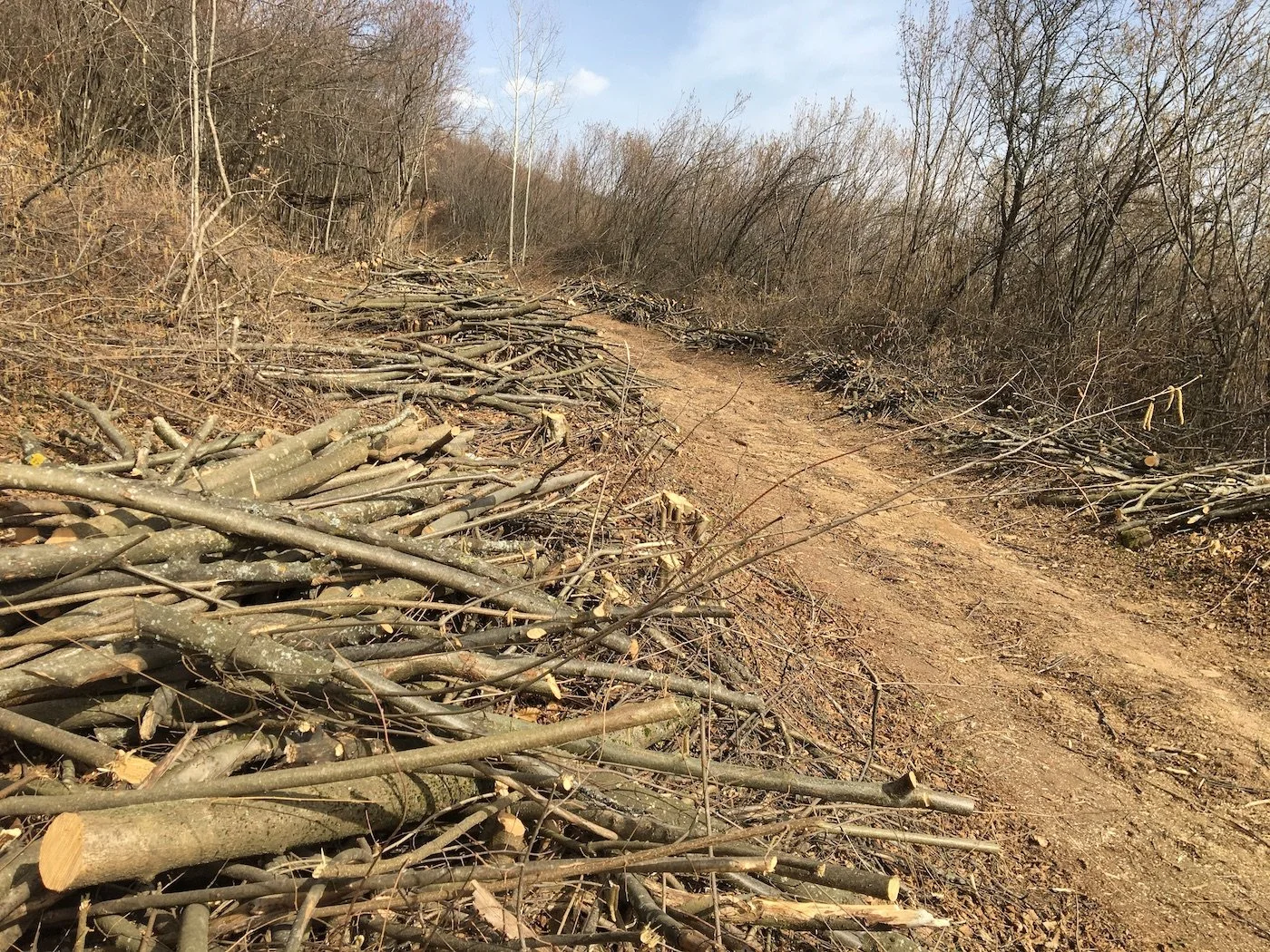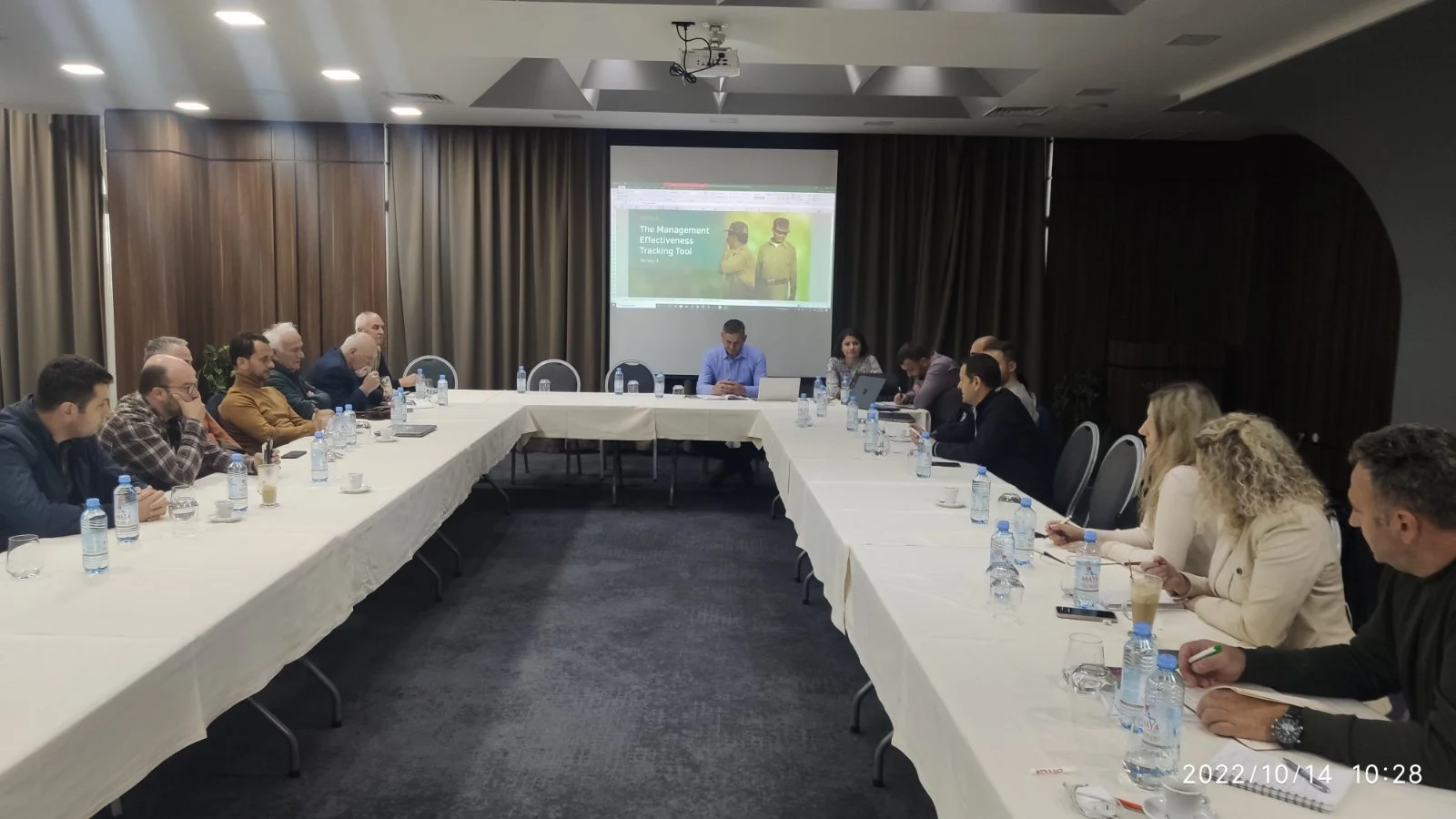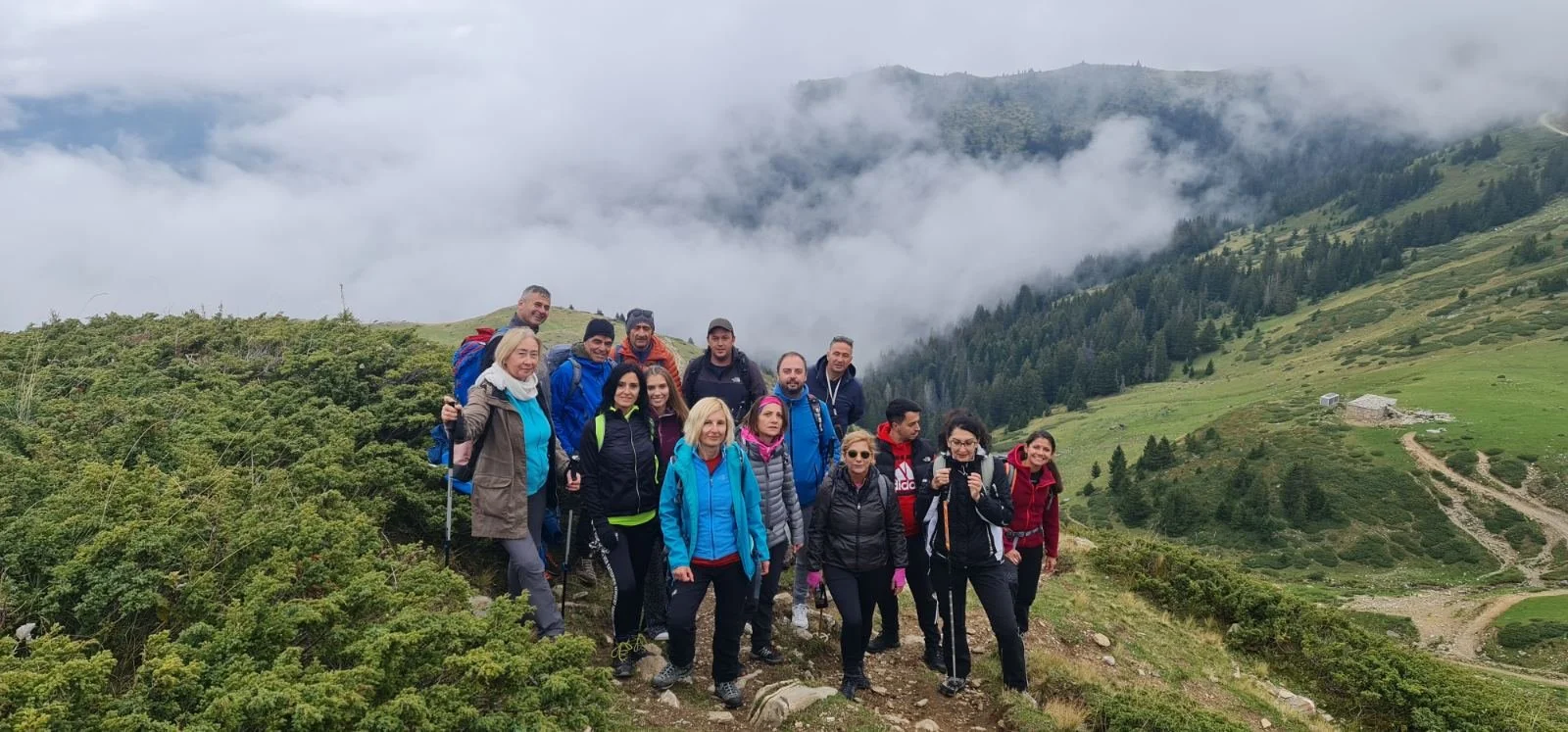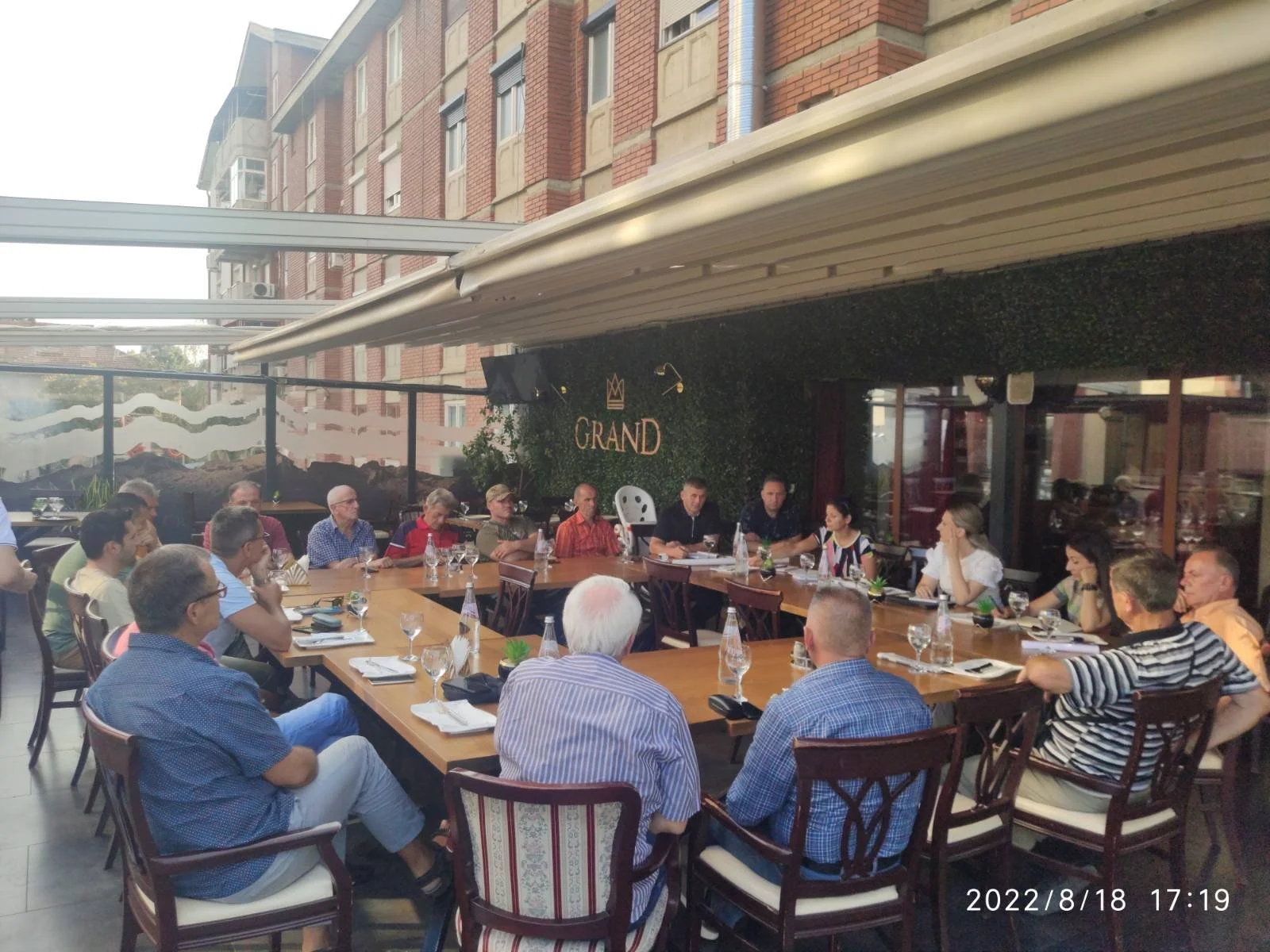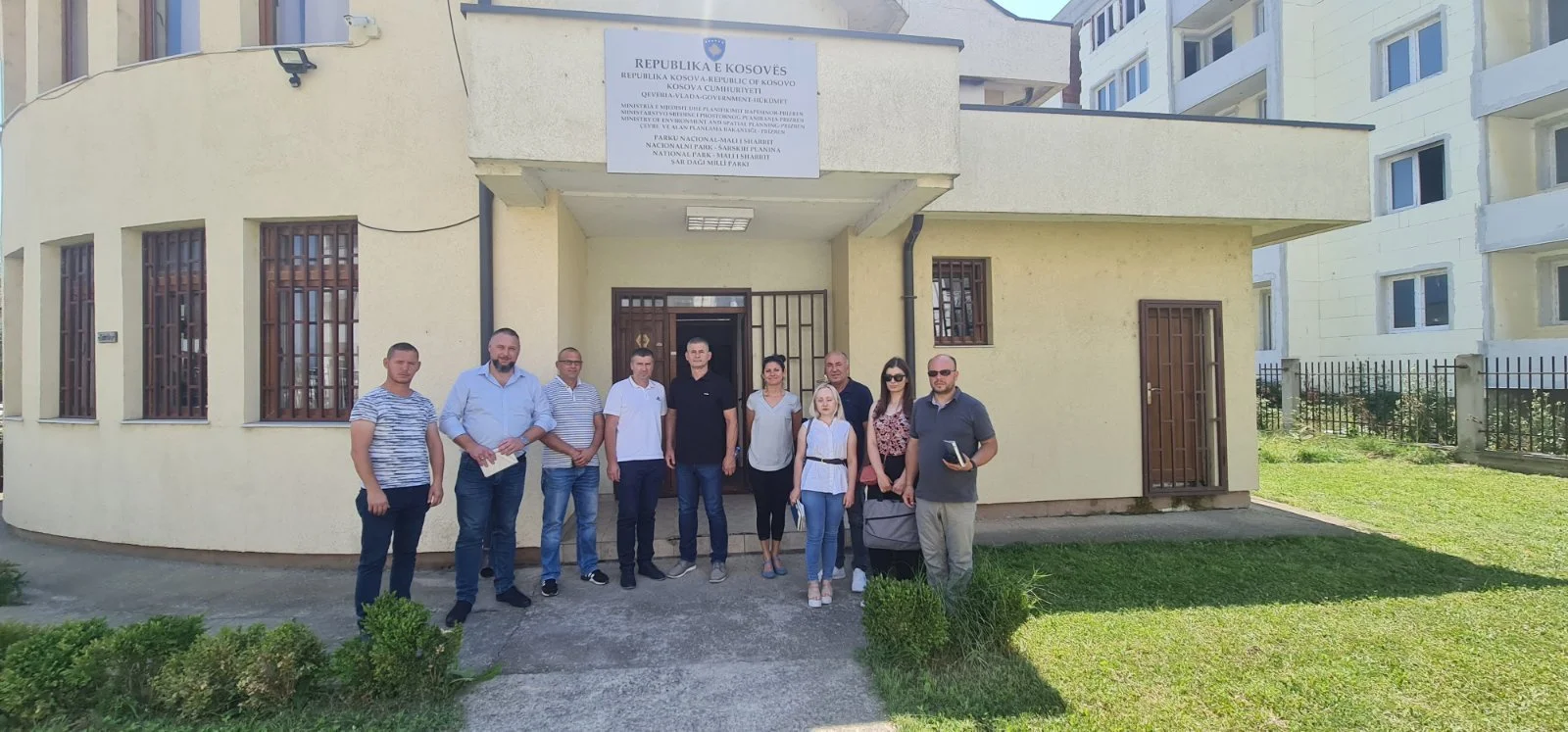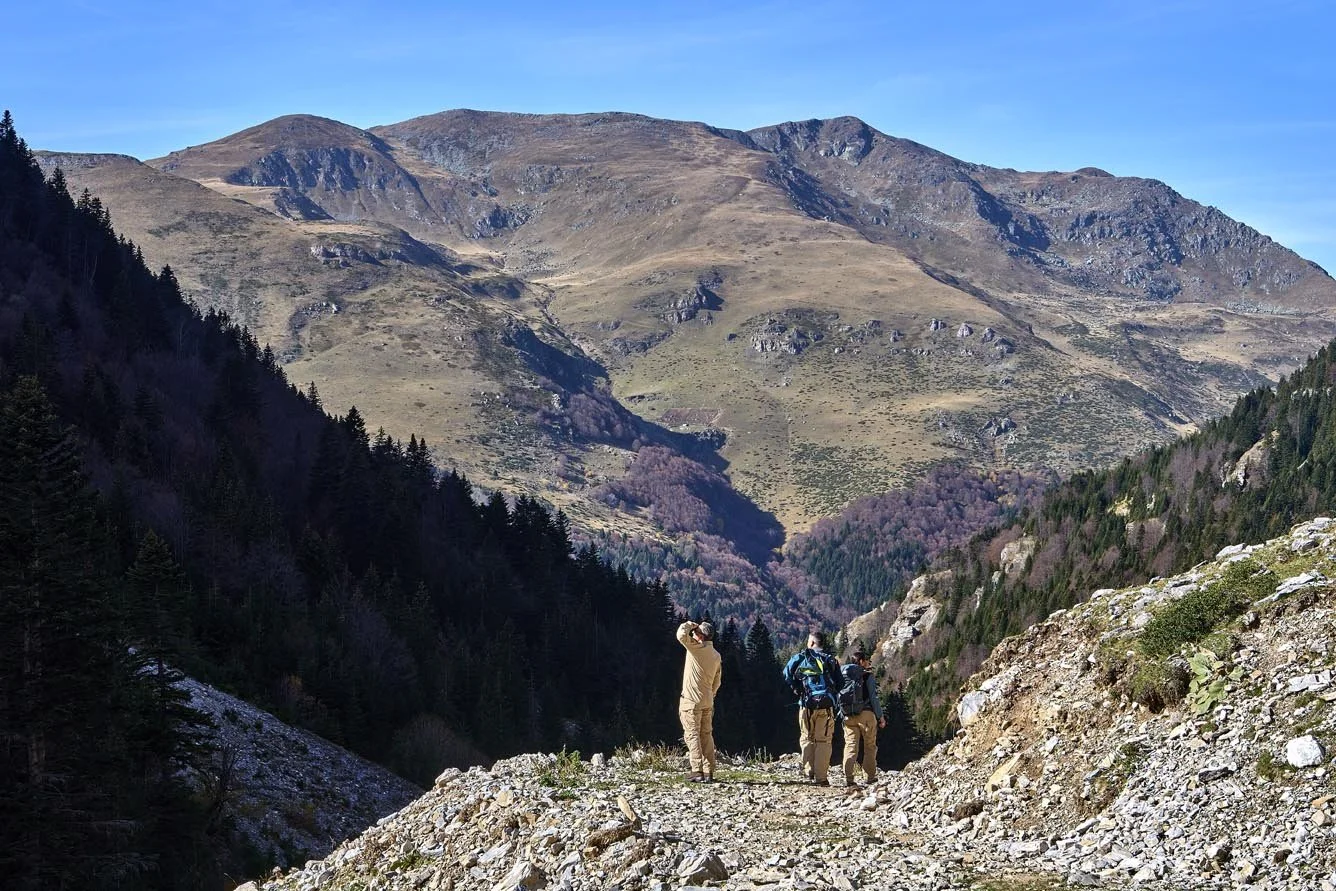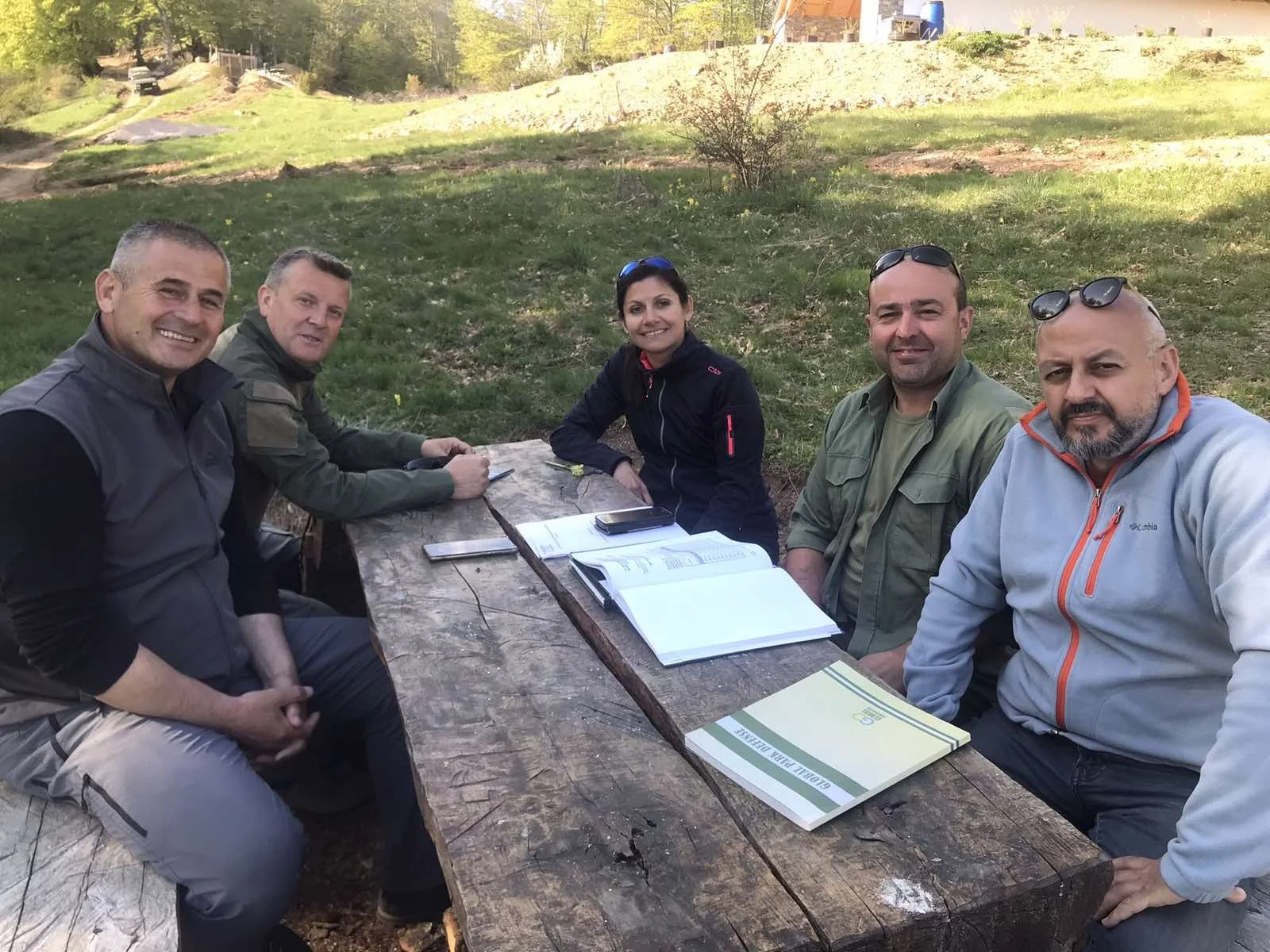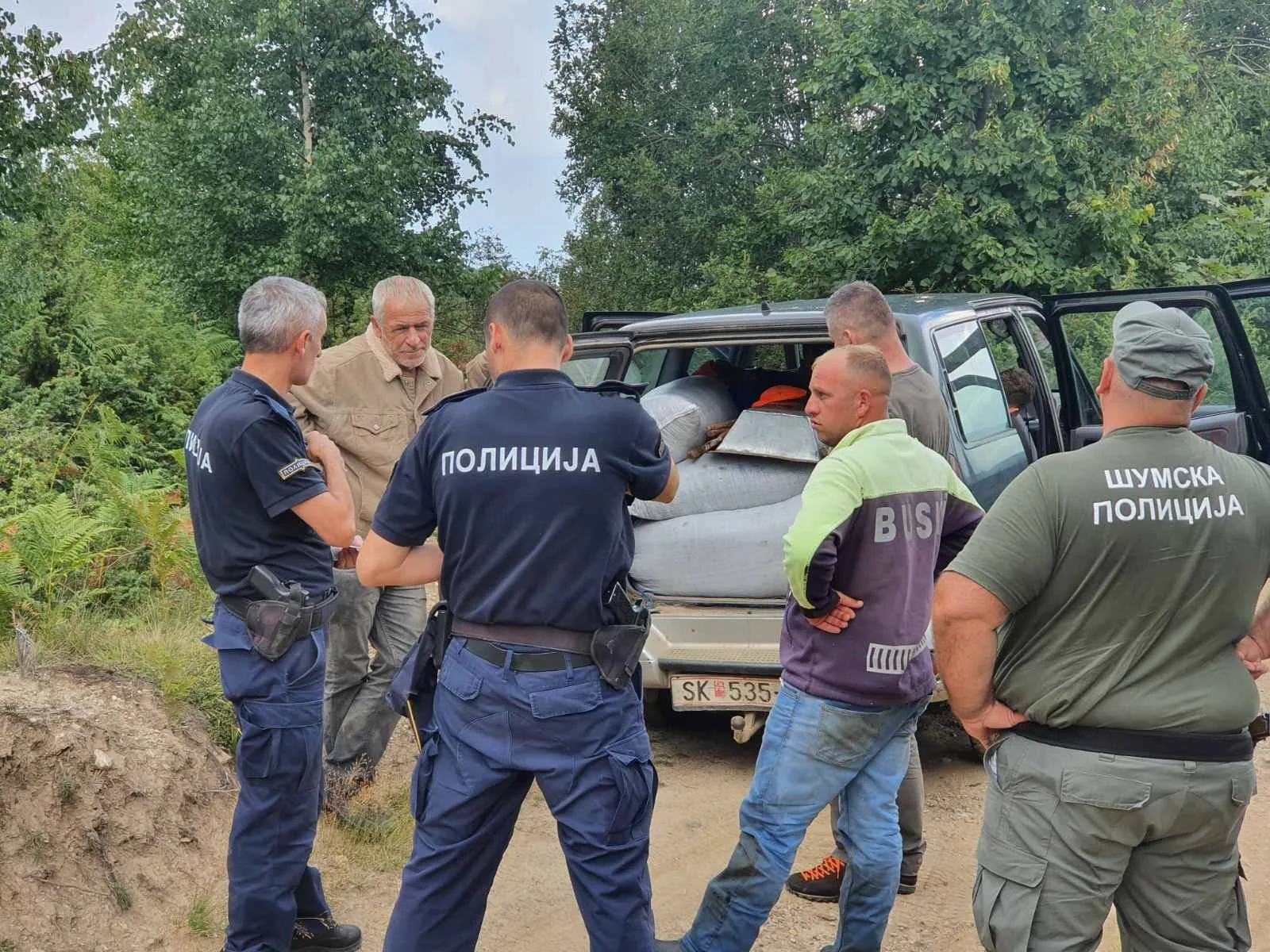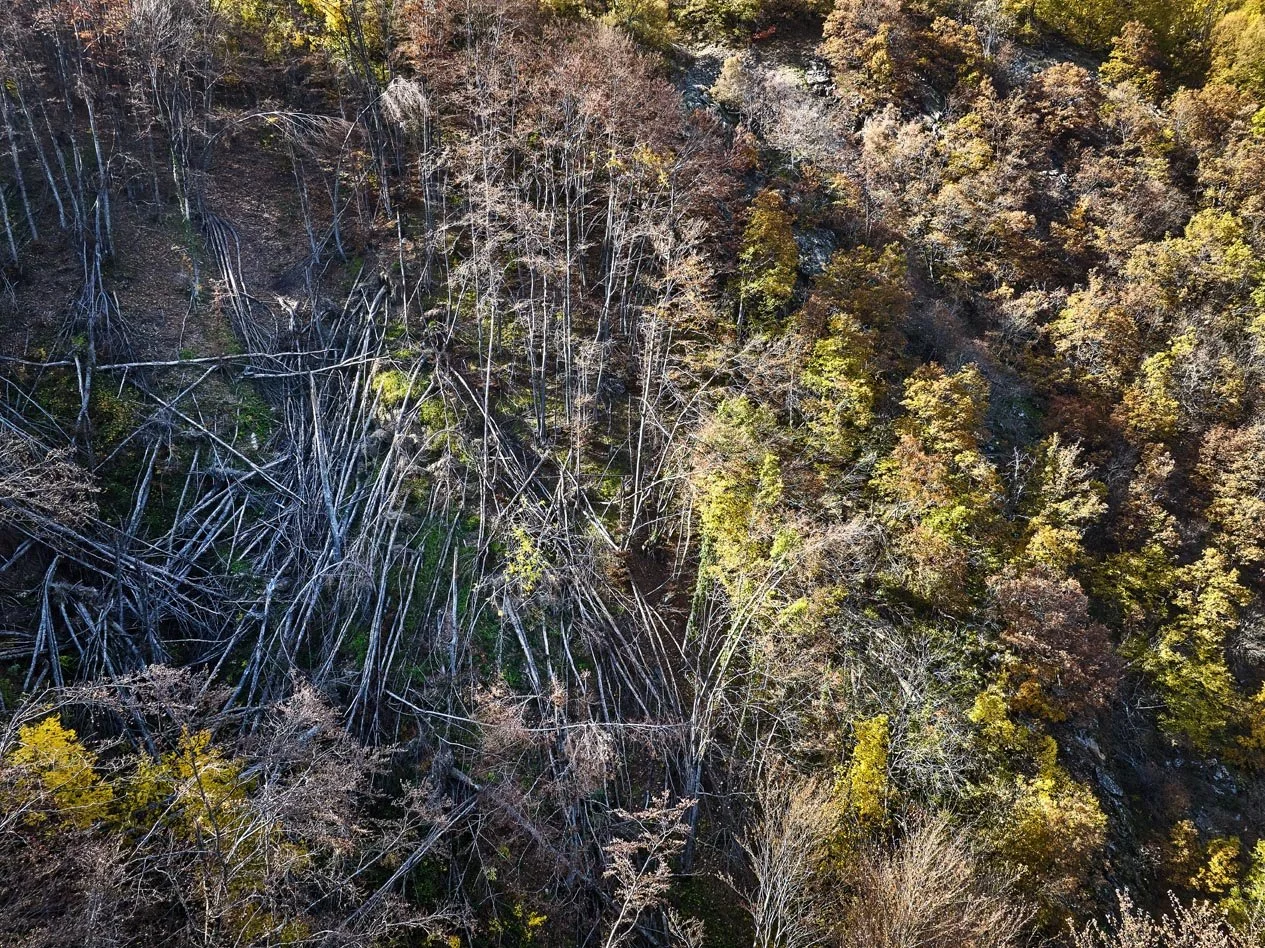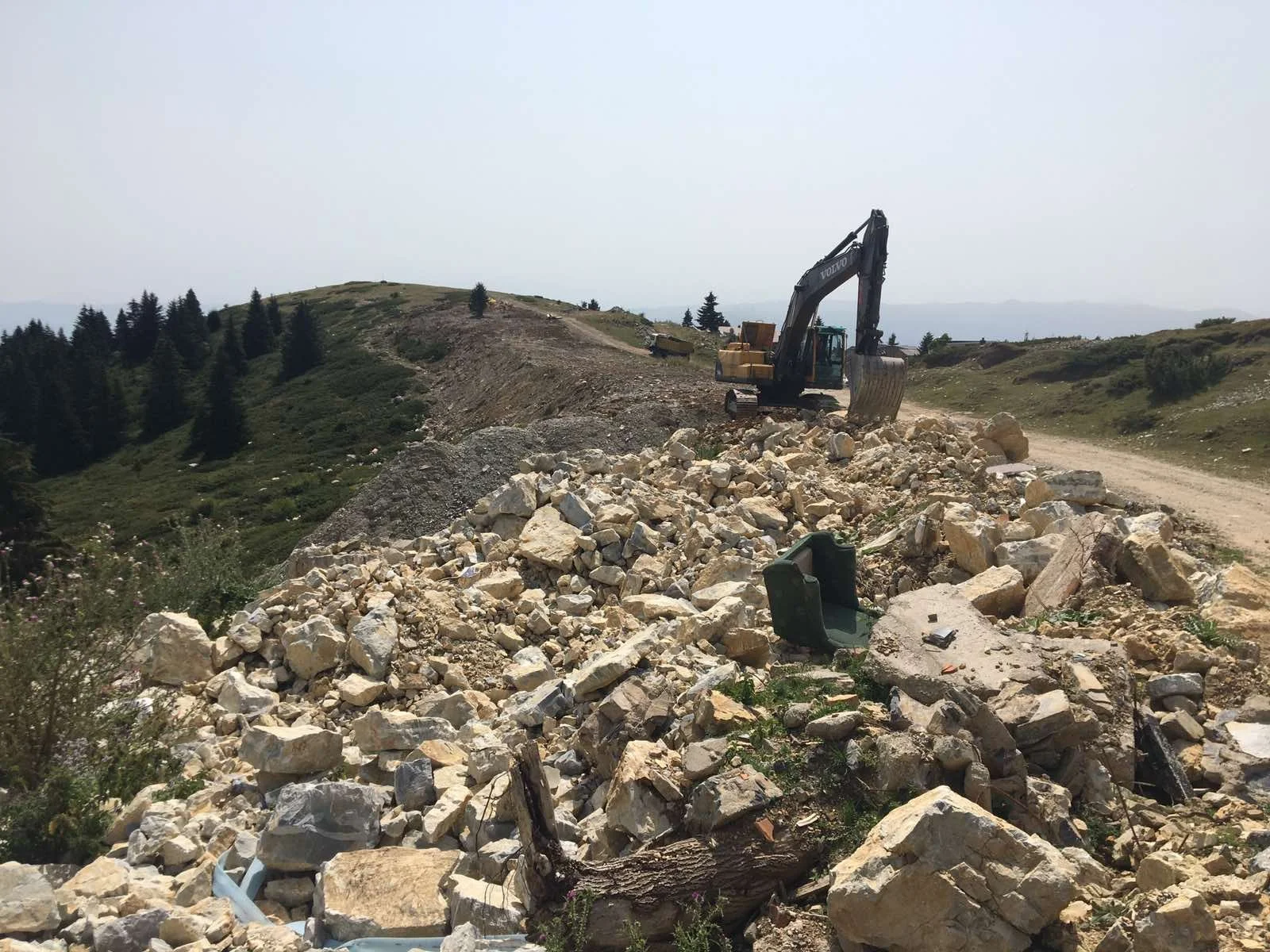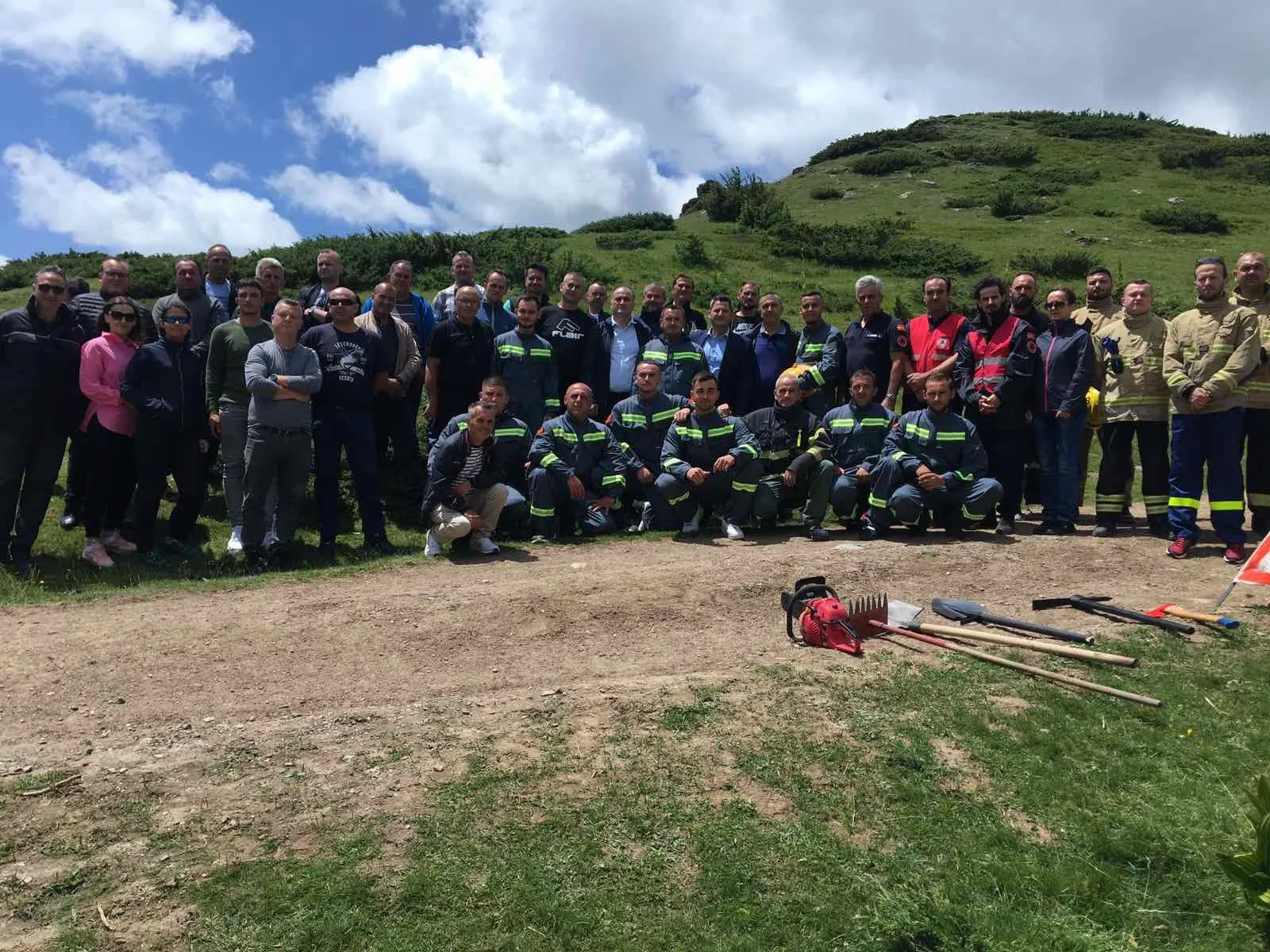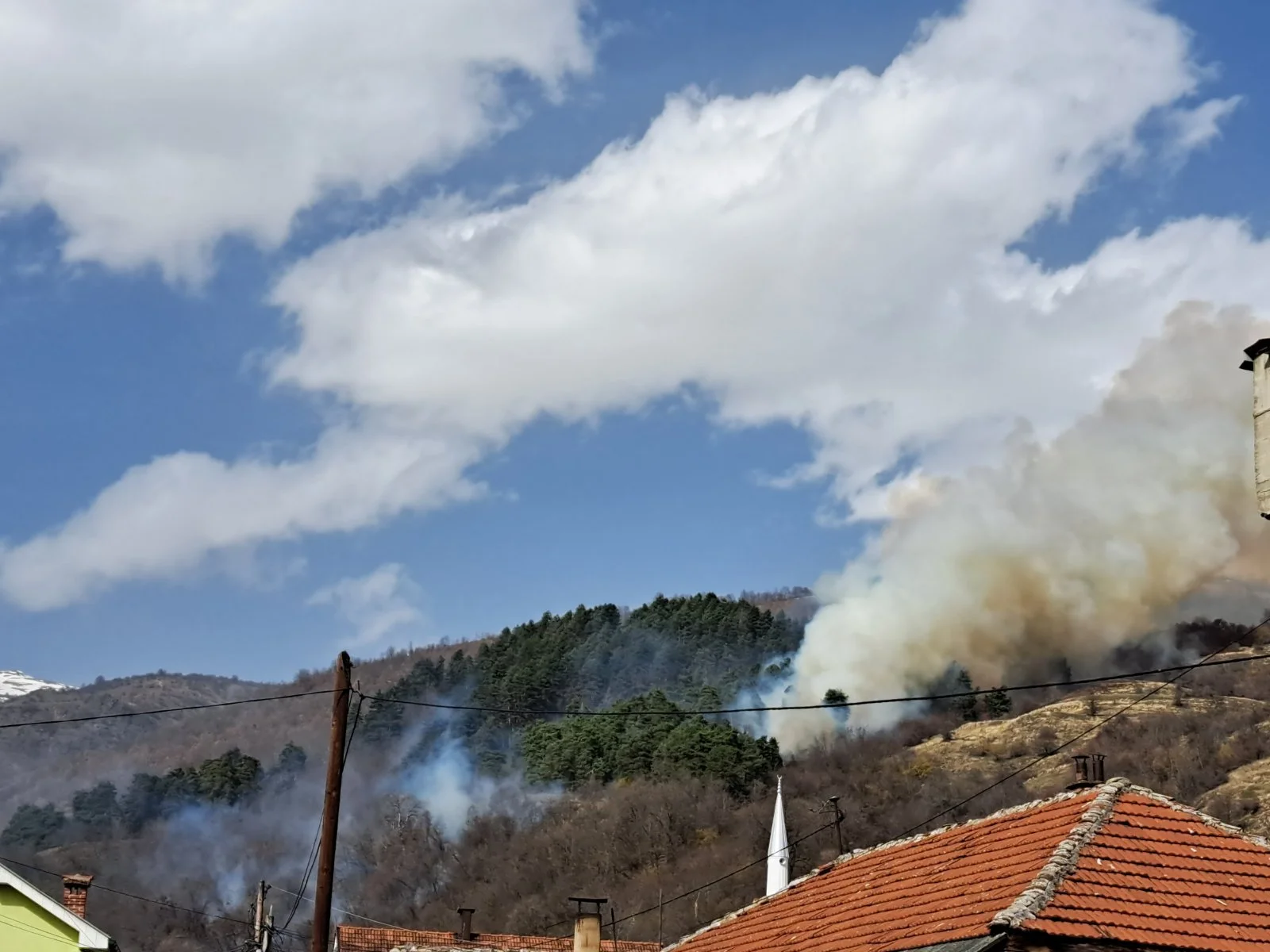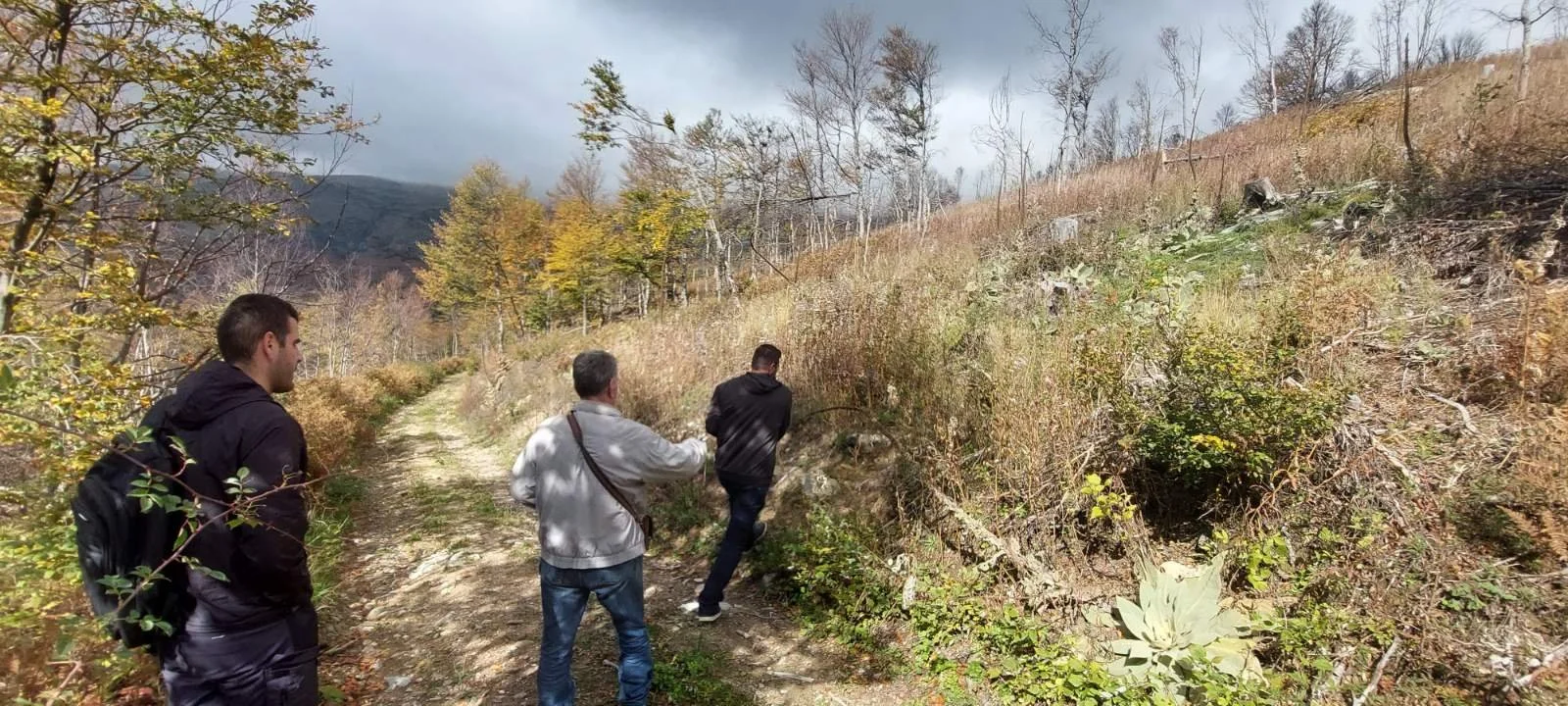New GC Project: Shar Mountains National Park, Macedonia
Introduction
Shar Mountains National Park is a European biodiversity hotspot and an area with outstanding natural values in the border area between North Macedonia and Kosovo. Shar Mountains is a stunning example of high elevation mountains and forests in the heart of the Balkans. Extending over 627 square kilometers, the area is characterized by a large number of peaks above 2000m elevation with a rich geological diversity.
Established in 2021, this national park represents a major hope for revitalizing local communities and their rich culture through ecotourism.
Combining spectacular mountain landscapes, lakes, river valleys and ancient cultural heritage, Shar Mountains is the last chance for critically endangered wildlife including bears, lynx and the iconic golden eagle.
Key Accomplishments to Date
A new National Park Authority has been created, and Global Conservation is funding critical equipment, communications, training, preparation of a ten-year wildlife management plan, and SMART patrolling. This single National Park Authority is now responsible for all management of lands and wildlife, as well as working closely with local communities on park and wildlife protection along with sustainable tourism development.
In order to deploy GC's Global Park Defense program in Shar Mountains National Park, the Park Authority received support with sustainable financing for ongoing park protection such as a new command center, much-needed ranger training and equipment, and new collaboration with the North Macedonian Border Police who now welcome joint patrols and cooperation with the Park Authority.
All administrative basic procedures are set and basic staff is employed. Archive functioning and the system for handling requests, criminal charges and any other documentation is set. Several funding streams have been secured and others are in progress.
Current national park team and the space of operation.
A threat assessment report was conducted by the Maravi group. This report was presented to the NP Management board and it will be used to improve the future management of the NP. Main identified threats where: Illegal logging, wildlife hunting, forest fires, illegal building of weekend houses, solid waste disposal and disturbance of wildlife and visitors from vehicles (ATVs, 4x4, Cross-motors, snow sledges, etc).
In the last six months the NP team has focused on collecting as much information as possible on each of the identified threats, for example: the main critical timing (daily and weekly), the usual people involved in the activity, the access and exit roads, the locations where the illegal activity is conducted, etc. In parallel with this threat identification, the team has invested lot of efforts in building relations with all the relevant stakeholders.
The Shar Mountain has 27 villages out of which 25 are permanently inhabited. In the period of June-November, more than 15 official meetings were conducted, and the patrolling team communicated with each individual that was met (shepherds, collectors of non-timber forest products, house owners, hikers, forest owners, local residents, etc.).
Meeting with local residents.
One of the highest identified threats in the NP is the illegal logging. Heating wood use was as well the most important topic on the village meetings. The local residents have no practice of asking a permit to use wood for heating their homes, and in parallel to this almost every village has at least one family that organizes illegal logging and transport of wood. In order to change these illegal trends, the NP Managing board adopted a decision of decreasing the heating wood price for the people that have their own forest. Such measures should motivate the local residents to change the current practices.
Illegal logging.
A stakeholder council meeting was held. The stakeholder council consists of representatives from each of the seven municipalities in the territory of the National Park, representative from the hiking associations and representative from the business community (hotels, restaurants, biking, hiking and free skiing services). This meeting was important for keeping all the stakeholders informed and in the spirit of transparency the NP managing authority included them in the process of assessment of its effective management.
Meeting with stakeholder council.
There are seventeen hiking clubs in the Shar mountain region. The local hikers are a valuable partner to the protected area, so the NP team has organized two meetings to keep the hiking clubs informed on the ongoing activities and collect field information on any illegal activities.
Meeting with hiking associations.
Bordering with NP Sharri from Kosovo and sharing the whole mountain range the NP team had organized four working visits, out of which 2 were working meetings in finding the way for joint monitoring of illegal activities and biodiversity and 2 field visits in the border area.
In order to establish integral protection of the area, Global Conservation is also working to support and connect wildlife corridors with the neighbouring Mavrovo National Park and Sharri National Park from Kosovo.
Based on the collected field information, the NP team has regularly conducted at least 5 regular patrols per month. Since the Managing authority in autumn was not prepared administratively and with human capacity to proceed with arrests, all identified threats during patrolling all identified threats were confirmed, the persons who have committed the offence where stopped and informed that this is a protected area and their action is not allowed. Unfortunately, the Institution in these cases was not prepared administratively and with human capacity to proceed with arrests.
The National Park owns three donated trap cameras. In order to test their functioning, the NP team has tested their positioning and way of communication with the mobile phones. The task was as well to test all the different purposes for the cameras in order to place them on positions where they can be multifunctional, monitoring of illegal activities and wildlife.
A number of consultation and coordination meetings were organized with the hunting associations in order to define the cooperation in organizing the sanitary hunt of wild boar as a measure to fight the African plague disease. The sanitary hunt period ended on the 31 January. Since the African plague disease has not been detected, the Managing authority has informed the public that there the wildlife hunting is forbidden on all territory of the National park.
Meeting with hunting association.
Number of joint meetings with the governing bodies of the regular police and the border police have been conducted, which resulted with more jointed patrols on the territory of the National Park.
Joint patrol with border and forestry police.
In November the NP staff has registered illegal building of road and a misdemeanor charge was submitted to the Municipality of Jegunovce. The related Inspectorates, the Ministry of environment and physical planning and the donor of the investment where as well informed about the violation of laws and the legal obligation to ask permits from the NP for any actions that are harmful to the nature.
In regard to training and capacity building for the rangers, the NP team has developed all the required manuals and conducts indoor and field informative sessions for the rangers. In addition, the NP team has exchanged experiences with the other NPs regarding their working practices, main challenges and equipment.
Over the summer months the NP team has monitored the cleaning of more than 10 illegal dump sites in the territory of the protected area. This was a project supported by the Ministry of environment and physical planning and UNDP. In the 2023 the NP will prepare and place informative boards on these locations that disposal of solid waste is forbidden.
Cleaning of illegal dump site within the national park.
Within the framework of the project “Improving flood resistance in the Polog Region, financed by UNDP, afforestation with indigenous tree species was carried out in three locations, where the forest was destroyed by forest fires in the past, on a total area of 33 hectares.
Participants in firefighting training.
In the last six months, three forest fires have occurred and the NP team has successfully intervened to extinguish them.
During December, and the activity continues in January 2023, the NP employees themselves, started building information boards, which will be placed at all entrances to the Park and will provide information to local residents and visitors about bordering, zoning, permitted and prohibited activities.

